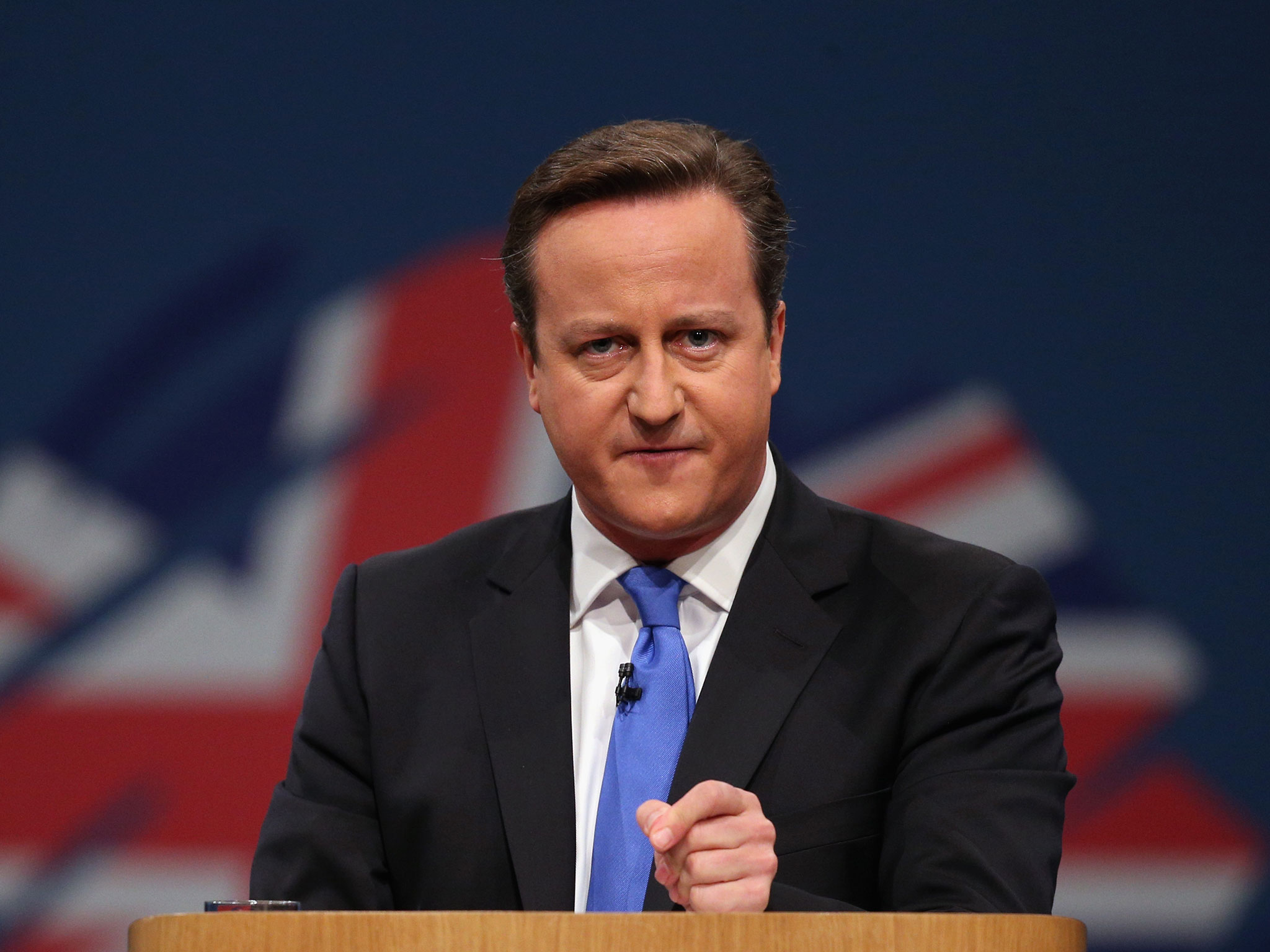[dropcap]A[/dropcap]fter a fantastic speech, a family huddle at the door and a wave, David Cameron left 10 Downing Street for the last time on Wednesday holding hands with his wife and three children. He had been British prime minister for six years. We have a few things to learn from him.
For the people he led, his record was probably better than mixed. Dealing with them, he was just about the perfect gentleman. Taking questions from parliamentarians, the prime minister did his best to be civil and respectful even when handling some troublesome questioners.
For Nigerians, David Cameron was probably not the friendliest. And that is putting it charitably. We have not forgotten, for instance, how, in May 2016, he calmly but firmly informed Her Majesty the Queen that we were fantastically corrupt. In June 2013, Cameron announced that Nigerians travelling to the United Kingdom would each pay £3,000 to his government before being allowed into the country, adding that the money would be returned if they kept faith with their visa terms and did not overstay. It is clear that there was something in the Nigerian that triggered the alarm bell in Mr Cameron. He tormented them ceaselessly.
Before the visa saga, Cameron had declared imperially that Nigeria had better embrace same sex activities and relationships including marriage, if the country wanted to enjoy British aid. Shun gays and forget aids, he said, in other words.
Nigerians shot back, literally telling him to go to hell.
Yet, in the past few weeks, Cameron so conducted himself in the countdown to his departure from office that we, his punching bag, not only applauded but will do well to copy. In June Britain voted in a most controversial and divisive referendum to exit the European Union, EU, a 28-state organisation that harmonised nearly everything about them including trade and movement. Mr. Cameron led the ‘Remainers’ who lost the referendum vote to the ‘Leavers’ by the slimmest of margins.
He must have seen the sign that somehow something was wrong somewhere. As prime minister, David Cameron failed to convince more Britons to stay in the EU. Leaders, he must have reasoned, should have the backing of more, rather than less, of their people especially in certain crucial circumstances. He offered to resign as prime minister after six years and as the Conservative Party leader after 11 years. He fought back tears as he announced that the country needed a fresh leader to negotiate its departure from the EU, and to also navigate party waters.
It is unclear why Mr. Cameron got emotional. Did he weep for a country that somehow failed to see the foolishness of leaving an organisation from which it benefitted so much? Or did he nearly break down because he felt betrayed, or that he was quitting prematurely?
No matter. That he quit at all, is worthy of commendation.
He was also quick with the quitting. He did not pretend to consult elaborately nor seek to point out the folly of the Brexit outcome. Nor did he try to delude himself that he was the best thing to happen to Britain.
If he was bitter or hesitant leaving, he did not show it. He joked seemingly offhandedly. His tone and pitch of voice was upbeat as if relieved to leave. As he spoke he was cheered, not booed. Had Mr Cameron ever worked and roused up the British people the way he did on his departure?
Yet it was not just his charm or delivery. He spoke about honour in serving his country and its people. He spoke about support from his family, making the point that the time had come for them to quit 10 Downing Street and move on. Mr. Cameron wished Theresa May, his successor, well, even though he knew that the woman, 10 years older, could hardly wait to take over from him, having announced during the brief period of jostling that she was the best for the job.
The transition was swift and seamless, almost natural and in fulfilment of some superior legal code. In one day Mr. Cameron and his cabinet came down, and Mrs. May’s up, making the point that governance must not be held up under any circumstance.
Watching the proceedings on cable TV in Lagos, a round of applause coincided with London cheers as Mr. Cameron ended his farewell speech.
In our country, such a smooth transition is unheard-of.
There is usually every attempt to prevent it from happening. Incumbents find it hard to give way even when they must.
In these parts there are handwritings on the wall but our leaders turn a blind eye to them. When their time is up they seek to lengthen it and, in doing so, betray their emptiness, vanity and selfishness. Olusegun Obasanjo, to mention one example, so loved power that the only way to retain it when his time was up was to fashion out a devious third term.
One or two highly-placed individuals said between N8b and N10b was thrown into the unsuccessful bid, which Chief Obasanjo would later deny.
More recently, Goodluck Jonathan begged to differ by conceding defeat in the last election but his discretion earned him nothing but condemnation, even attack by his henchmen who thought he should have dug in and brought the house down with him. It hurts to hail your tormentor-in-chief, but hail him we must, and better still, copy him.
Ogochukwu Ikeje is a political analyst. This article first appeared in The Nation.
The opinions expressed in this article are solely those of the author.







